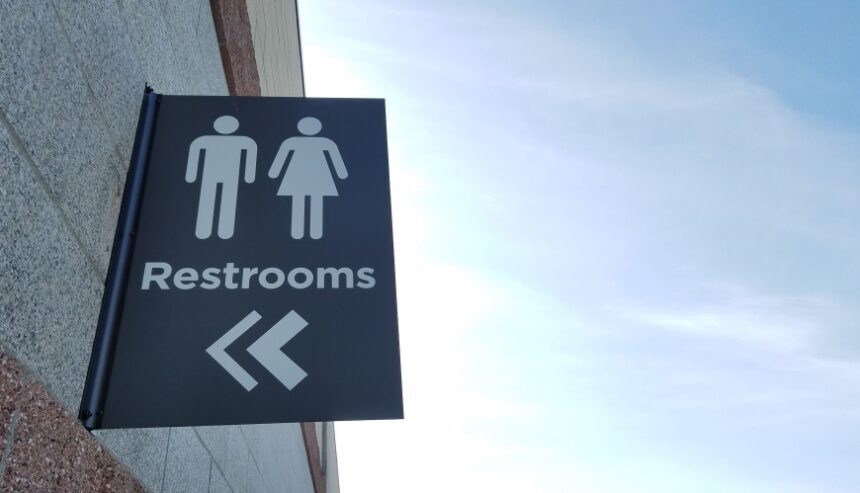Bladder issues aren’t something people like to talk about in public. However, it’s a common medical condition that affects one in three adults. It takes its toll on us emotionally, physically, and socially. There are several conditions that affect the bladder—and help is available for them.
Did you know that the average bladder holds about 16 ounces of urine? It looks like a deflated balloon when it is empty. Normal urinating occurs four to eight times per day and once or twice in the night. While common, urinary leakage or an having an overactive bladder is not a normal part of aging.
Those with overactive bladders urinate often or at a slight urge, even going when they don’t need to because they’re afraid of having an accident. In this case, the bladder sends “full” messages even when it isn’t full. Don’t be embarrassed to check with your physician if you have bladder issues. Your doctor may discuss effective medications or you may be recommended to retrain your active bladder by going on a schedule and gradually increasing the time between bathroom trips. Your doctor may refer you to a physical therapist who will provide more instruction on how this is done. Over time, your ability to maintain control will likely improve!
Perhaps the concern isn’t an overactive bladder, but one that leaks when someone laughs or coughs. The muscles in the pelvic floor and urinary sphincter allow the control of urination. When these muscles are weakened, leaking can occur. This is especially common in women who have given birth. Pelvic floor muscles can be strengthened with Kegel exercises or other more specific pelvic floor exercises.
Men, too, experience urinary incontinence, occurring with or without prostate issues. It’s a common problem that often improves with the right treatment. As with women, men may also be affected by stress incontinence when physical activity or sneezing, etc., put pressure on the bladder, resulting in urine leakage.
Don’t suffer in silence! The condition is treatable.
Physical therapy may be recommended in situations of pelvic health disorder in both women and men. Our experienced therapists are certified in several specialties, including pelvic floor therapy. These therapies treat loss of bowel/bladder control when coughing, laughing, or sneezing, and frequent urination.
Another resource for patients with more problematic urinary conditions is compassionate, professional care from a WOC nurse. The specialty certified RN at Glacial Ridge is devoted to helping patients with the insecurities they may experience and assisting patients with skin care and odor management. She can identify the best absorption and skin care products currently available for each individual.
Contact our team for more information about your bladder health concerns. The best place to start is by having a conversation with your primary care provider during a clinic visit. A physical examination may be needed to help identify the issue and the best treatment options for you.
If you have questions or are interested in receiving pelvic health therapy services, please contact your physician for a referral or call the therapy department at 320.634.2015.


